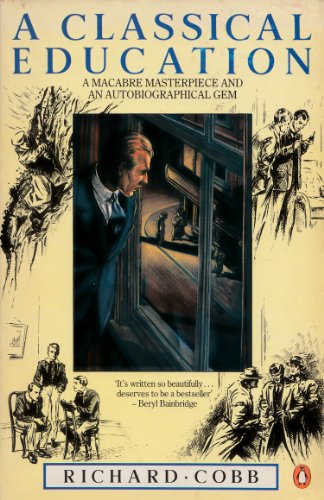
Over the holidays I have been browsing through many books, one of which I won’t review here. Helen Garner’s One Day I’ll Remember This is the second excerpt from her journals to be published and covers the years 1987 to 1995. Years in which she had a relationship with the writer Murray Bail, whom she eventually married and divorced.
I won’t be reviewing the Garner book, even though there was much about the writing that appealed to me (being a journal keeper myself). Like many women of my generation, I can’t forgive her book The First Stone, where she (rather dishonestly in my opinion) attacks the young women who made a complaint about inappropriate behaviour of the Master of their university college. And then there was The Spare Room and This House of Grief – The Story of a Murder Trail, both of which, for me, had serious issues. But her journals have some honest observations and show the high value she gives to friendship and family, and the humble beauties of everyday life.
In the latest edition of her journals, she often speaks of a friend E with whom she stays, and who gives her friendship and support during her rather doomed affair with Bail. Later I discovered this friend was Drusilla Modjeska, a writer a little younger than Garner, but moving in the same circles and of the same mind. I worked out this connection because Modjeska had written a book, Stravinsky’s Lunch, about two women painters, Grace Cossington-Smith and Stella Bowen. In her diaries Garner describes a lunch with Murray Bail and a male friend and she and a female friend, now revealed as Modjeska, where the males applauded the story of Stravinsky demanding silence from the women in his household at lunch, so his creativity could flow uninterrupted. The implication seemed to follow that the work of men should have primacy over the work of women. Why Garner was so in love with a misogynistic mansplaining male is hard to understand but Drusilla Modjeska wrote her book to explore this idea.
Her memoir, then, begins with a question. Why do the women of her circle, educated, reasonably well off, with friends and support, all seem to hanker after the perfect relationship with the opposite sex? Garner certainly does, and at the beginning of her memoir, as she is about to turn forty, Modjeska terminates a long-term relationship that is not giving her what she needs.
Men. Oh, they were difficult years, so many of us wounded – them as much as us. But while we had each other and our conversations, our table, the men, many of them it seemed, needed a woman, one particular woman or another, to listen to them, to sympathise. It’s much harder for us, they’d say, with you women wanting to be independent. p 70
In the first section of her memoir, Modjeska explores the writing of two women in particular, Virginia Woolf and Simone de Beauvoir, and the sculptor, Louise Bourgeois and the way they depict relations between men and women. She speaks of her own errors of judgement in her relationships with uncommitted men, or men with mental illness. She has not had the freedom to say, as Helen Garner has, that the last twenty years of her life, free of romantic entanglements, have been the happiest of her life.
I liked the exploration of life and books that inspired her, even though I may disagree with some of her opinions. I liked especially the account of her relationship with her father, another man whose career took primacy and who needed the services of women in his life.
Modjeska lost me a little in her accounts of finding herself through psychoanalytic psychotherapy (three times a week is beyond most of us) and I felt she should have kept her New Guinea stories for a second book.
She has written a rather wonderful book, Poppy, about her mother. I would like to see a book, Patrick where she explores her understanding of her father.
She feels some guilt for siding with her father when he left her mother with three children. It was always his approval she wanted. Perhaps that tells us something about the relationships she pursues. Only later she comes to realise how much her mother suffered and what a strong woman she was.
I am late to Drusilla Modjeska’s memoir; it was published in 2015, but I feel others will be led to revisit it after reading Helen Garner’s journals.
I will definitely be reading Stravinsky’s Lunch (published in 1999)
Having said all this, I do wonder whether these are very much the issues of the 1980’s and 1990’s . Are the debates more about gender today?





